Ignis Tablet 5 Mg
Ignis, a medication readily available in Turkey, harbors a potent therapeutic agent known as Aripiprazole. This active ingredient finds its classification within the realm of antipsychotic drugs. Our mission is to provide you with a meticulous overview, elucidating its composition, applications, dosage, side effects, and essential precautions.
| Dosage form | |
|---|---|
| Pack size | |
| Potency | 5 Mg |
| Manufacturer | |
| Origin | |
| Generic Name (Ingredient) | Aripiprazole Monohydrate 5.20 Mg (Equivalent To 5 Mg Aripiprazole) |
Assuming your emergency circumstances for this product, visit Urgent Quotation page. Besides, for any pharmaceutical questions, please ask us in the comments section.
Description
Ignis presents itself in the form of white, oblong tablets, distinguished by a notch on one side. These tablets are conveniently packaged in blister packs containing 28 units. The crux of Ignis lies in its active ingredient, Aripiprazole, which places it within the category of antipsychotic medications.
Diverse Conditions
Ignis serves as a stalwart ally in the treatment of various conditions affecting adults and adolescents aged 13-17 years. These encompass a spectrum of symptoms, including:
1. Hallucinations, Delusions, and Emotional Fluctuations
Patients grappling with symptoms such as hearing, seeing, or feeling things that exist solely within their perception, alongside a pervasive sense of suspicion and false beliefs, stand to benefit from Ignis. This medication also extends its therapeutic reach to mitigate incoherent speech, aberrant behavior, and emotional numbness. Individuals experiencing mental depression or overwhelmed by feelings of guilt, anxiety, or tension can find solace in Ignis.
2. Bipolar Disorder
Ignis plays a pivotal role in the management of adults undergoing unusual, sustained periods of exuberance or irritability. This condition is characterized by an excess of energy, reduced need for sleep, heightened thought processes, and often rapid, excessively reactive speech. Ignis contributes to the prevention of the recurrence of such episodes.
3. Adjunctive Therapy for Major Depression
In cases where traditional antidepressant treatment proves ineffective, Ignis emerges as an adjunctive therapy. It collaborates with standard antidepressants to enhance their efficacy, offering a ray of hope for patients battling major depression resistant to conventional treatment.
4. Autism-Related Irritability
Ignis extends its therapeutic embrace to children and adolescents aged 6 to 17 years who contend with irritability symptoms associated with autistic disorder. These symptoms encompass aggressive behavior directed at others, deliberate self-harm attempts, sudden fits of anger, and rapid mood fluctuations.
Dosage
To ensure the effective administration of Ignis, it is imperative to adhere to prescribed dosages:
- For Adults: The recommended dosage for adults typically falls within the range of 10-20 mg to be taken every 4-8 hours daily. The tablet or suspension form of Ignis should be ingested 15-30 minutes before a meal. It’s worth noting that in cases of acute nausea and vomiting, the maximum treatment duration should not exceed 12 weeks.
- For Children: The dosage for children is calculated based on body weight, typically ranging from 0.2-0.4 mg/kg every 4-8 hours daily. Similar to adults, it should be taken 15-30 minutes before a meal.
Side Effects
As with any medication, Ignis can introduce side effects, particularly in individuals with sensitivities to its components. These potential side effects encompass:
- Allergic Reactions: Swelling of the mouth, tongue, face, and throat, itching, and rash.
- Cardiovascular Concerns: Including the possibility of a heart attack.
- Mental Health Considerations: Such as suicidal thoughts, suicide attempts, and ketoacidosis characterized by the presence of ketones in the blood and urine.
- Neurological Manifestations: Such as seizures, fever, muscle stiffness, rapid breathing, sweating, decreased consciousness, and abrupt fluctuations in blood pressure and heart rate.
- Vascular Issues: These include high blood pressure and the risk of blood clots, especially in the legs, presenting symptoms like swelling, pain, and redness.
- Respiratory Hazards: Such as spasms in the muscles surrounding the larynx and the inadvertent inhalation of food, heightening the risk of pneumonia.
Precautions and Cautions
When contemplating the utilization of Ignis, certain precautionary measures warrant consideration:
- Dementia-Related Psychosis in Older Adults: Ignis, containing Aripiprazole, is not approved for use in older adults grappling with dementia-related psychosis.
- Mood Alterations in the Young: Individuals with depression or mental illness, especially among the younger population, may experience heightened suicidal thoughts when commencing antidepressant medication.
Always consult a healthcare professional for a more comprehensive understanding of any medication, including Ignis.
Conclusion
In summary, Ignis, encapsulating Aripiprazole, represents a valuable asset in the therapeutic landscape, addressing a diverse array of conditions. Whether it’s mitigating hallucinations, managing bipolar disorder, augmenting antidepressant treatment, or alleviating autism-related irritability, it serves as a hope for patients navigating these challenging journeys. By adhering to prescribed dosages and promptly communicating any concerns or side effects to healthcare providers, individuals can harness the benefits while safeguarding their well-being.
Use the form below to report an error
Please answer the questions as thoroughly and accurately as possible. Your answers will help us better understand what kind of mistakes happen, why and where they happen, and in the end the purpose is to build a better archive to guide researchers and professionals around the world.
The information on this page is not intended to be a substitute for professional medical advice, diagnosis, or treatment. always seek the advice for your physician or another qualified health provider with any questions you may have regarding a medical condition. Always remember to
- Ask your own doctor for medical advice.
- Names, brands, and dosage may differ between countries.
- When not feeling well, or experiencing side effects always contact your own doctor.
Cyberchondria
The truth is that when we’re sick, or worried about getting sick, the internet won’t help.
According to Wikipedia, cyberchondria is a mental disorder consisting in the desire to independently make a diagnosis based on the symptoms of diseases described on Internet sites.
Why you can't look for symptoms on the Internet
If diagnoses could be made simply from a textbook or an article on a website, we would all be doctors and treat ourselves. Nothing can replace the experience and knowledge of specially trained people. As in any field, in medicine there are unscrupulous specialists, differences of opinion, inaccurate diagnoses and incorrect test results.

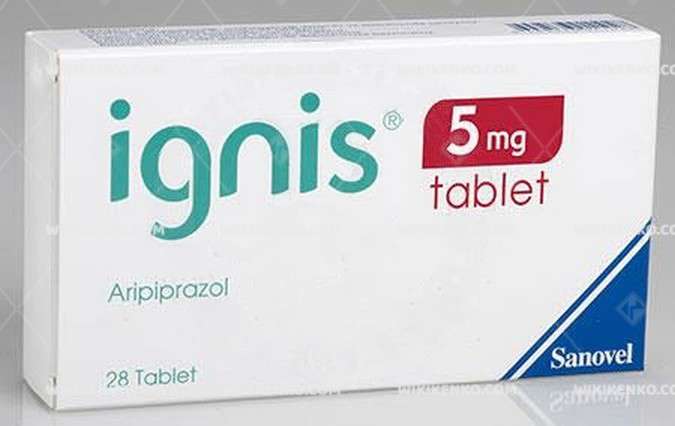
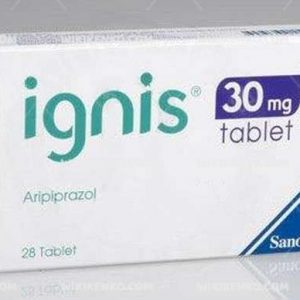
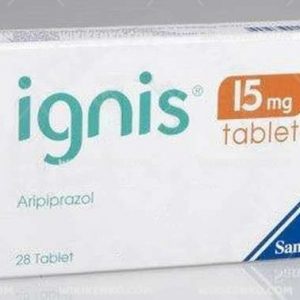

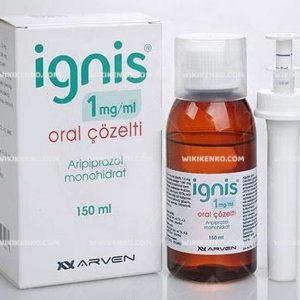

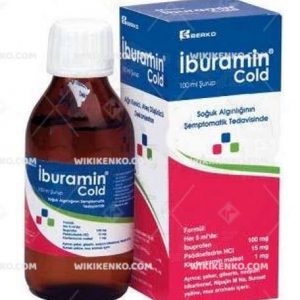

Reviews
There are no reviews yet.